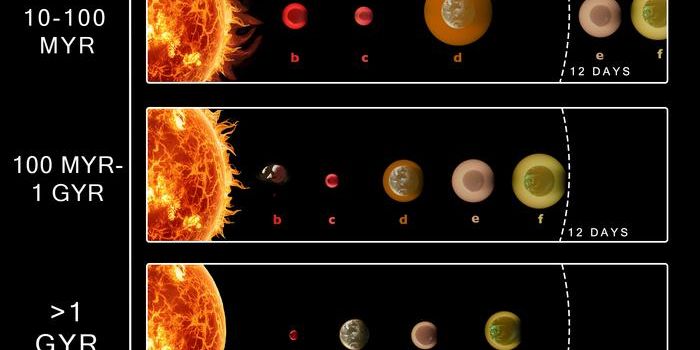Rethinking climate models
New research published in Science suggests that we had better rethink current climate models. The research comes from Hebrew University of Jerusalem Professor Daniel Rosenfeld and highlights previous miscalculations regarding the cooling impact that aerosols have on the rate of global warming. The study shows that aerosols, which are tiny particles that float in the air, indeed have a greater cooling effect – up to double – on the planet than previous studies had accounted for. But if this is the case – why is the planet still seeing such a drastic rate of warming?
But before answering that, let’s first back up a moment. How exactly do aerosols cool the planet?
Aerosols can form both naturally (think of desert dust) or artificially (smoke from coal, car exhaust) and essentially create cover in the atmosphere that blocks sunlight (heat) and reflects it back into outer space. They also play an important role in cloud composition – and this is how they affect global cooling. Science Daily explains:
“The more aerosol particles a shallow cloud contains, the more small water droplets it will hold. Rain happens when these droplets bind together. Since it takes longer for small droplets to bind together than it does for large droplets, aerosol-filled or ‘polluted’ clouds contain more water, live in the sky longer (while they wait for droplets to bind and rain to fall, after which the clouds will dissipate) and cover a greater area. All the while, the aerosol-laden clouds reflect more solar energy back into space, thereby cooling the Earth's overall temperature.”
However, actually quantifying the cooling impact that aerosols have has been difficult historically because there are too many factors involved. What Rosenfeld and another researcher, Yannian Zhu from the Meteorological Institute of Shaanxi Province in China, did was create a method that makes quantifying that impact possible. The method involves using satellite imagery to analyze winds and aerosol cloud droplet numbers. As mentioned above, the results from this method showed that aerosols have double the cooling impact that past studies had determined.
Which brings us back to the question: if there’s this unaccounted-for cooling going on, why is the planet still warming so quickly? Rosenfeld commented on his concern as to the significance of his finding. "If the aerosols indeed cause a greater cooling effect than previously estimated, then the warming effect of the greenhouse gases has also been larger than we thought, enabling greenhouse gas emissions to overcome the cooling effect of aerosols and points to a greater amount of global warming than we previously thought," he shared. All this means that we had better start taking a closer look at our current climate models.
Sources: Science Daily, Science









